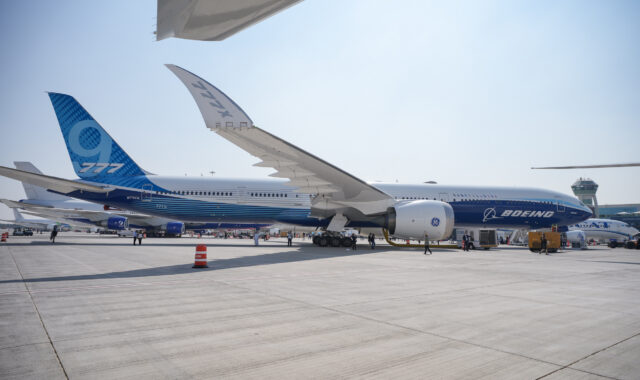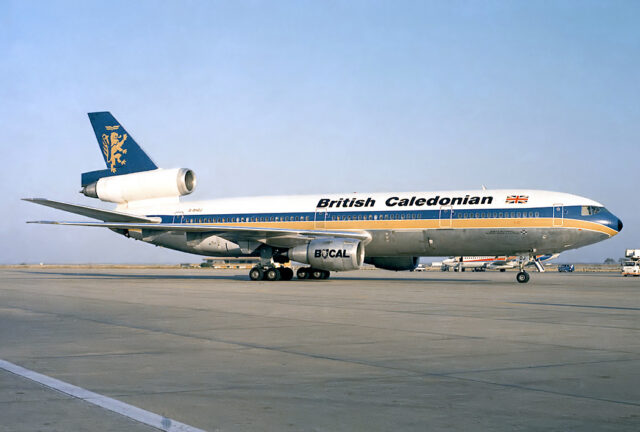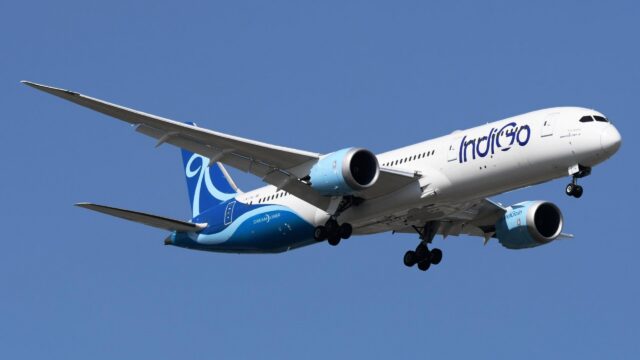UK Aviation Minister: Cycling-inspired marginal gains applicable to aviation
September 5, 2024

Speaking at easyJet’s ‘Roadmap to Net Zero’ sustainability event at Bedfordshire-based Cranfield University, UK Aviation Minister Mike Kane outlined the challenges facing his government in the ongoing quest for decarbonisation.
As a newly-elected ruling party heralds a change of political power – with Sir Keir Starmer’s Labour government ending a 14-year Conservative rule in July of this year – one thing that has not changed is the UK government’s commitment to tackling the climate change impact of its transportation sector, particularly its aviation element.
Drawing on his personal passion for cycling, the Minister referenced the small but significant changes implemented by the 2010 coach of the British professional cycling team; the aggregation of often-overlooked ‘marginal gains’ that, within just three years, allowed Britain to “become the dominant force” in the sport. “What I’m trying to say here is that we need to encourage that in every day about how we shave more carbon off everything that we do,” he explained.
However, with the world dramatically changed since the then-College of Aeronautics (now world-renowned postgraduate facility Cranfield University) first opened its doors in 1946, “our ambition is to become greener and cleaner… and boy, isn’t that a fight,” he quipped. Anecdotally referencing a recent visit to Scotland’s lighthouses, with the maritime sector having to increasingly “reinforce against the storms and the rising sea,” the tide of change is invariably upon us – with the government nevertheless “backed by an appetite for innovation and the determination to succeed”.
Crucially, although delivering greener transport is “one of the Secretary of State’s five strategic priorities, this comes with a unique set of challenges when it comes to aviation”. However, “easyJet’s growth shows green vision doesn’t mean compromising or ambition,” the Minister added, pointing out that – as constituency MP for Manchester Airport – the airline’s seven new routes from the airport would offer new opportunities for businesses and individuals across the region.
With £100 million already pledged for “cutting-edge projects,” a number of other incentives are also due to be delivered, with four of the ten new bills announced relating to the transport team (who are likely going to be “run ragged over the next few months”). These include the upcoming SAF mandate: “one of the world’s most ambitious frameworks” and one which will see the UK airline industry use about 1.2 million tons of SAF annually. Airspace modernisation and increased digitalisation will also play an integral element to this government’s decarbonisation efforts.
Thanking the University for its ongoing innovation to assist aviation’s decarbonisation, “Cranfield University’s motto is: after cloud, light,” concluded the Minister. “I can assure you that this new mission-led government will offer business stability, certainty and support. We will listen to industry expertise, insight and ideas, and we will work with you shoulder to shoulder to achieve our shared ambitions”.
















